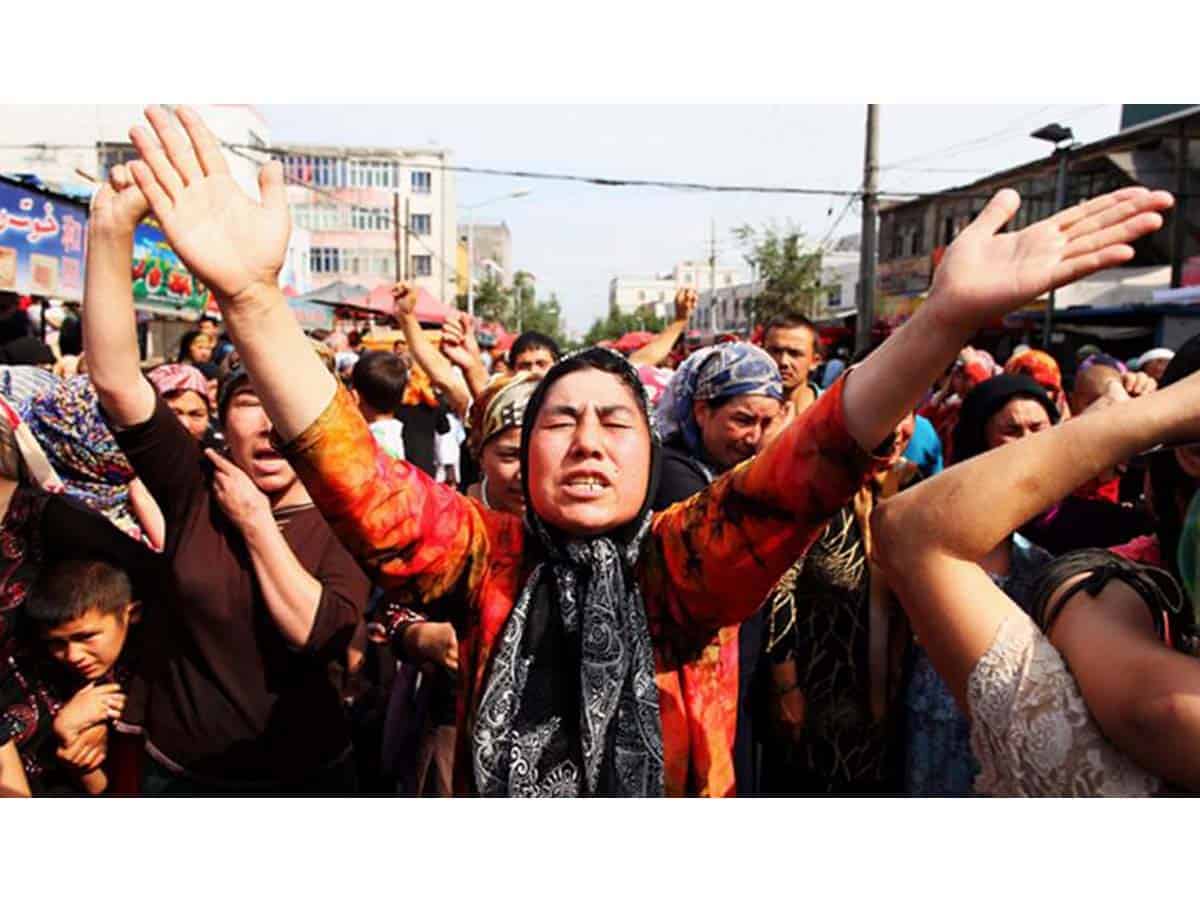The ruling Communist Party of China led by President Xi Jinping has detained 127 journalists for publishing sensitive content.
A report titled “An unprecedented RSF investigation: The Great Leap Backwards of Journalism in China” published by the non-profit organisation “Reporters without borders” discusses how journalism is in peril. As per the report, a simple act of investigating a sensitive topic or publishing censored information can result in years of detention in unhygienic prisons, where ill-treatment can lead to death.
71 Uyghur journalists have been detained since 2016 under the guise of “fighting terrorism”.
The ethnic group of Uyghurs are the minorities residing in northwestern China. Over a million Uyghurs and other members are estimated to have been detained while a total of 3 million people have been swept up in various “reeducation” and “vocational training” camps. The forceful detention has also led to sexually abusing and forceful sterilization of the community.
It is also alleged that the Chinese government is forcing journalists to become the mouthpiece of their regime. To get or renew their press cards, journalists have to undergo 90-hour annual training on Xi Jinping’s (President of China) thought. They also asked to download the “Study Xi” application so that the government can collect their personal data.
China’s intimidation of foreign reporters in 2020 was based on surveillance and visa blackmail which forced 18 of them to leave the country. It is also said that in the same year the government has arrested 10 journalists for informing the public about the COVID-19 crisis in Wuhan.
Two of them Zhang Zhan and Fang Bin are still under detention in China.
Some press freedom groups say that the ruling Chinese communist party has tightened control over media since Chinese President Xi Jinping took office in 2012.
China, in 2020, used COVID-19 preventive measures, intimidation and visa curbs as excuses to prevent foreign reporting according to the Foreign Correspondents’ Club of China (FCCC).
The watchdog also stated that the government has increased the number of taboo topics for China. Aside from Tibet and corruption, natural disasters, the #MeToo movement and health professionals during the COVID-19 crisis are also topics that the government now deems “sensitive”.

